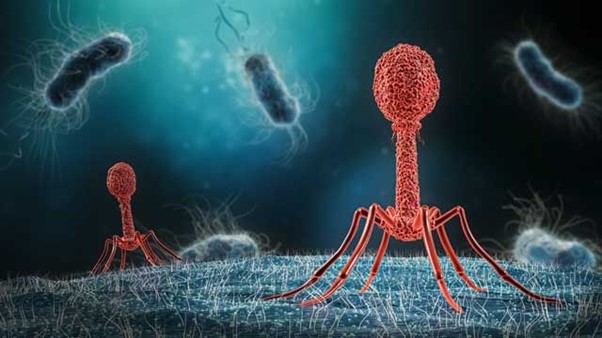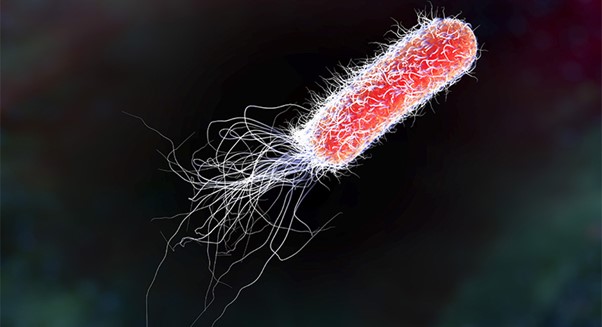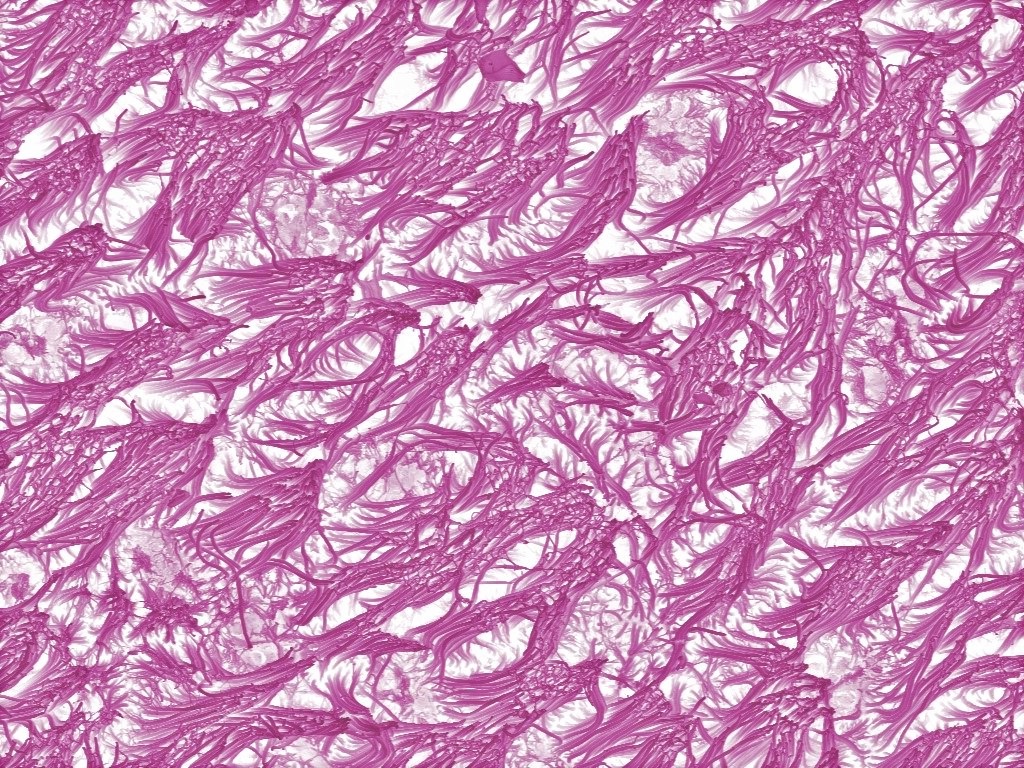Antimicrobial Resistance and the Burden on Public Health
Antimicrobial Resistance: Open Innovation in Early-Stage Antimicrobial Discovery and Evaluation 2024: UKHSA-AMR-Open-Innovation-Factsheets-Nov-2024.pdf
Antimicrobial Resistance and the Burden on Public Health




